Is this Rose Rosette Virus?
vickysgarden
11 years ago
Related Stories
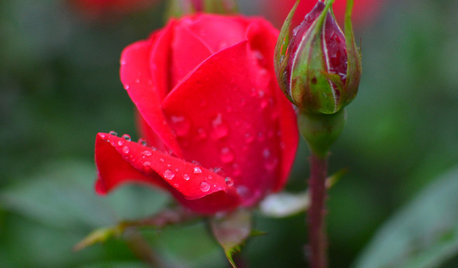
GARDENING GUIDESGreat Design Plant: Knock Out Roses
As glorious as their high-maintenance kin for a fraction of the work, Knock Out roses make even beginners look like garden stars
Full Story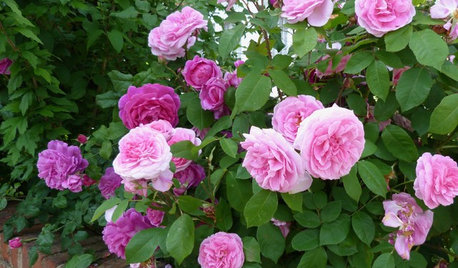
GARDENING GUIDESWhat Kind of Roses Should You Grow?
Want to add the beauty of roses to your garden? Find out which ones, from old-fashioned to modern, are right for you
Full Story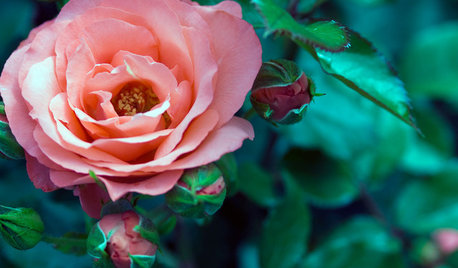
GARDENING GUIDESLearn the Secret to Bigger and Better Roses
Grow beautiful roses using both ordinary and unusual soil amendments
Full Story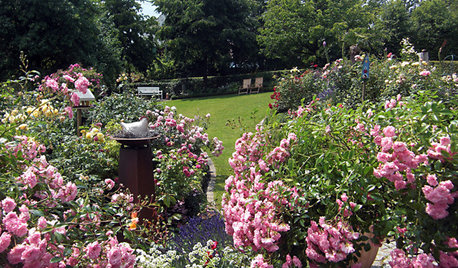
GARDENING GUIDES5 Sweet to Spirited Pink Roses for an Enchanting Garden
Whether you go demure or daring, there's a pink rose here to make you flush with garden pride
Full Story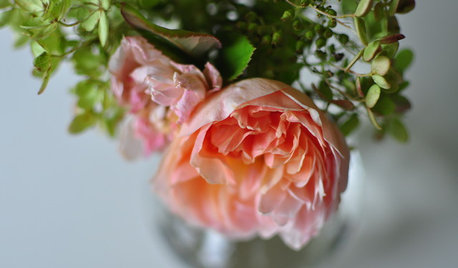
GARDENING GUIDESRoses: Crowning Touch of Gardens
Whether you're the Miss or Mister America of gardening or take a hands-off approach, roses can be a winning addition to your landscape
Full Story
WINTER GARDENINGPruning Secrets for Exquisite Roses
Encourage gorgeous blooms year after year with this time-tested advice on how to prune your rosebush in winter for health and shape
Full Story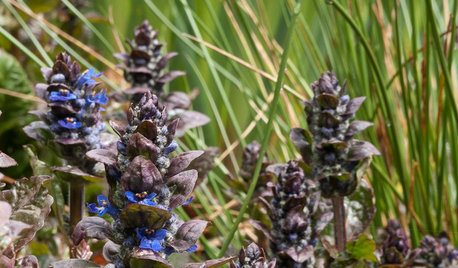
GARDENING GUIDESGreat Design Plant: Bugle Weed, a Quick Ground Cover
It’s highly adaptable, suppresses weeds, reduces erosion and provide weeks of bright flowers. Just watch for invasiveness
Full Story
HOUZZ TV FAVORITESHouzz TV: See How Early Settlers Lived in This Restored Pilgrim House
Passionate restoration and preservation efforts give a 1665 home an honored place in the present
Full Story
LIFEHow to Outsmart Backyard Critters
Learn to think like a raccoon, skunk or squirrel to keep your home safe and your garden intact
Full Story


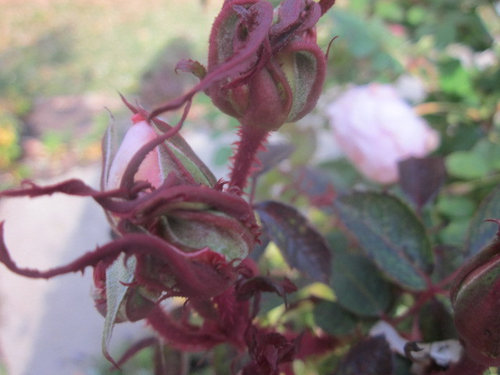
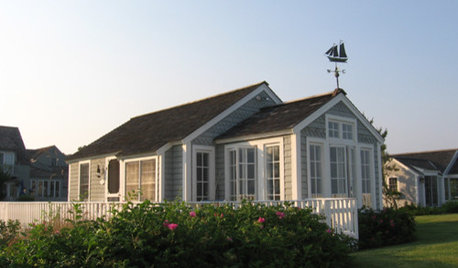

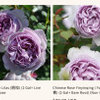
henry_kuska
henry_kuska
Related Discussions
rose-rosette-virus-now-affecting-North Carolina-roses/
Q
First report of rose rosette disease caused by Rose rosette virus on K
Q
Facing Rose rosette virus: a risk to European rose cultivation
Q
New rose rosette virus research
Q
flaurabunda
anntn6b
henry_kuska
jaxondel
subk3
jerijen
henry_kuska
henry_kuska
Kippy
henry_kuska
Kippy
sammy zone 7 Tulsa
jaxondel
henry_kuska
windeaux
henry_kuska
Kippy
sammy zone 7 Tulsa
sammy zone 7 Tulsa
buford
subk3
henry_kuska
catsrose
henry_kuska
jerijen
henry_kuska
jazzmom516 (Zone 6b, MA)
henry_kuska
buford
catsrose
henry_kuska
HerdingCats
jerijen
catsrose
henry_kuska
floridarosez9 Morgan
subk3
henry_kuska
jerijen
jaxondel
floridarosez9 Morgan
catsrose
jerijen
floridarosez9 Morgan
Kippy
buford
Kippy
jerijen